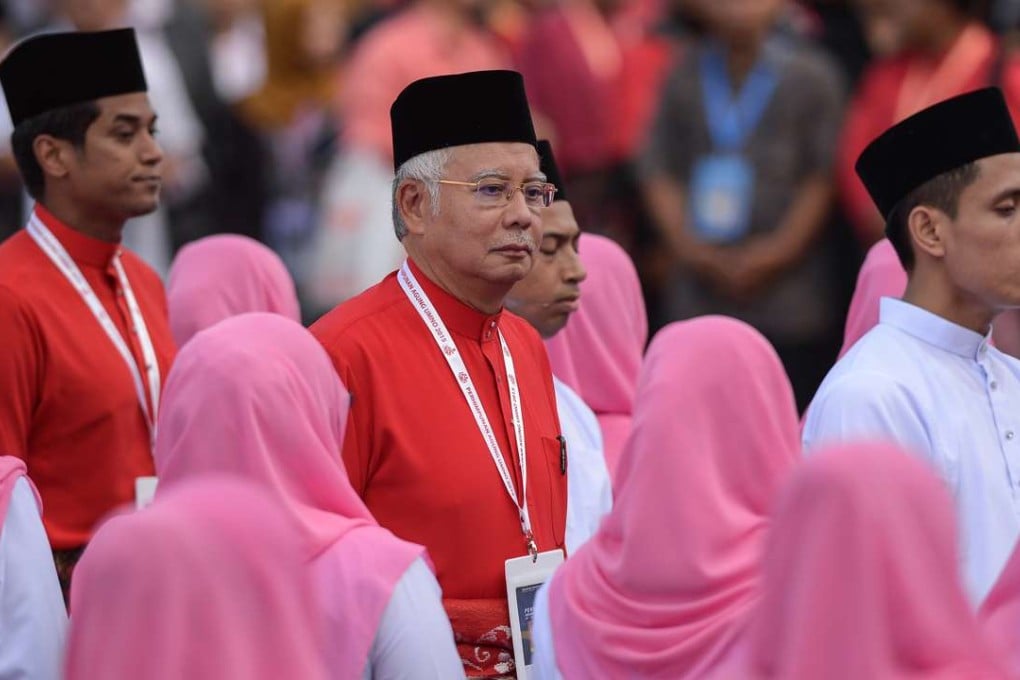By courting rural Muslims, has Malaysia’s opposition found key to winning power for first time in 60 years?
New partnership between Pakatan Harapan and the Parti Pribumi Bersatu Malaysia aimed at courting vital demographic

In a sleepy farming town in Southern Malaysia last month, Malaysia’s popular but beleaguered opposition saw encouraging signs that it had found the answer to defeating the Barisan Nasional (national front) coalition that has ruled the country since its independence about 60 years ago.
The opposition coalition Pakatan Harapan (the hope pact) has a new partner, the Parti Pribumi Bersatu Malaysia or PPBM (Malaysian united indigenous party), which they believe is able to capture the rural Malay Muslim vote, a key demographic to winning federal power.
In the 2013 general election, the Barisan Nasional managed to win a simple majority of parliamentary seats and form the government despite losing the popular vote.
Why a lesbian Australian senator of Malaysian-Chinese descent opposed gay marriage vote
This is largely due to electoral constituencies which are biased towards rural seats where the United Malays National Organisation (Umno), the Barisan Nasional’s main Malay Muslim party, is still popular.
Pakatan Harapan leaders and activists hope that Barisan Nasional’s hold on the rural Malay vote can be broken by the PPBM, which is helmed by former premier Mahathir Mohamad and former deputy prime minister Muhyiddin Yassin, both of whom are ex-Barisan Nasional leaders.

Although hopes are high over plans for a Pakatan Harapan-PPBM electoral pact, there are niggling issues that could threaten its cohesiveness and ultimately its ability to seize the imagination of rural Malays.